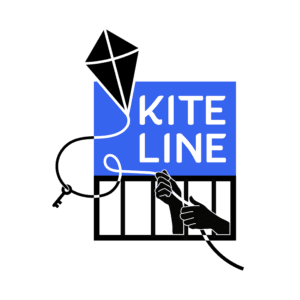We start this episode with a message from Angaza, a prisoner in the IDOC system who describes recent unfair changes in prison correspondence and what people on both the inside and outside are trying to do about it. As of April first, the Indiana Department of Correction is no longer accepting any correspondence for inmates that’s on colored paper or enclosed in colored envelopes. Incoming correspondence must be in a plain white envelope, and the letter inside the envelope must be on originally purchased, plain white, lined paper. Greeting cards are not permissible. Photos are permissible, but photocoopies are not. All letters must be handwritten.
Inmates are asking family members and supporters to protest this new policy, which prohibits incarcerated people from receiving typed letters, political documents or even drawings from their children. The inmates point out that it’s hard for elderly family members with arthritis and other medical conditions to handwrite letters; typing is the only way they can correspond. The inmates claim that the policy is also aimed to eradicate political education material that intends to educate, agitate and organize prisoners.
The inmates say the new policy is a blatant case of censorship and repression from the state. The IDOC says it’s going to see how the new policy goes from April to October before putting it into effect permanently. The inmates say a public outcry and resistance from people on the outside are critical.
The rest of the episode is devoted to the topic of the social collateral damage caused by incarceration. voices you’ll hear in this program are students in a college course that brings incarcerated and non-incarcerated students together in the classroom. It is a course in the national “Inside-Out Prison Exchange Program,” this one a history class bridging Indiana University, Bloomington, and the Indiana Women’s Prison, taught by professor Micol Seigel from the American Studies Department at Indiana University.
